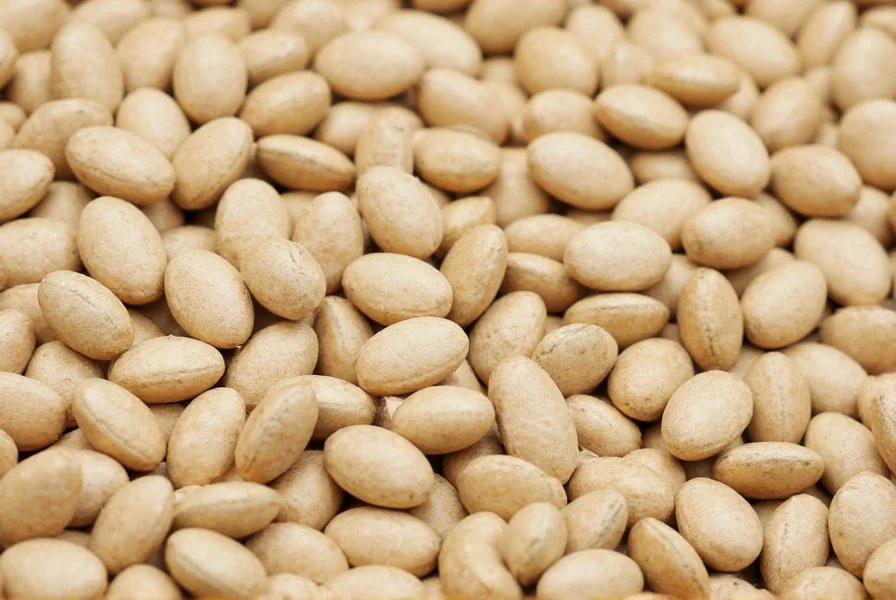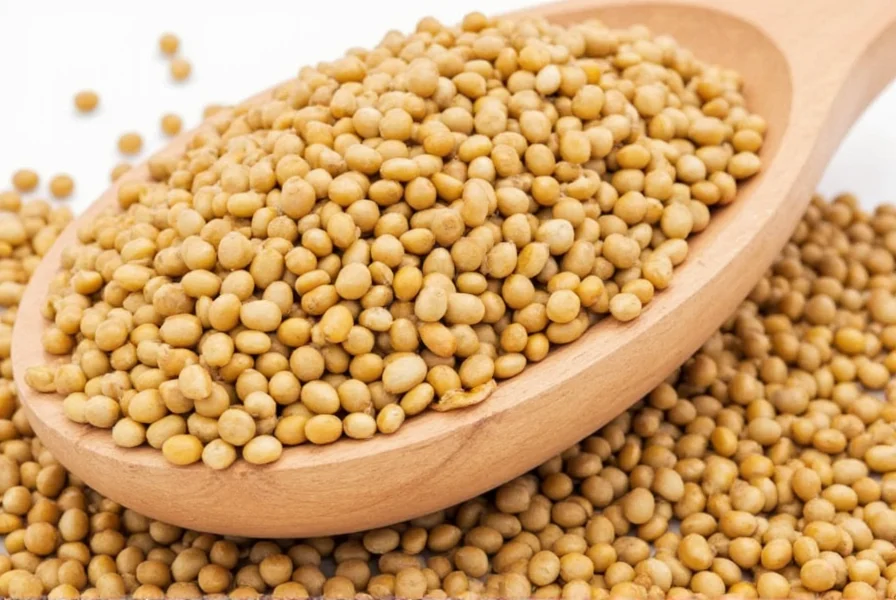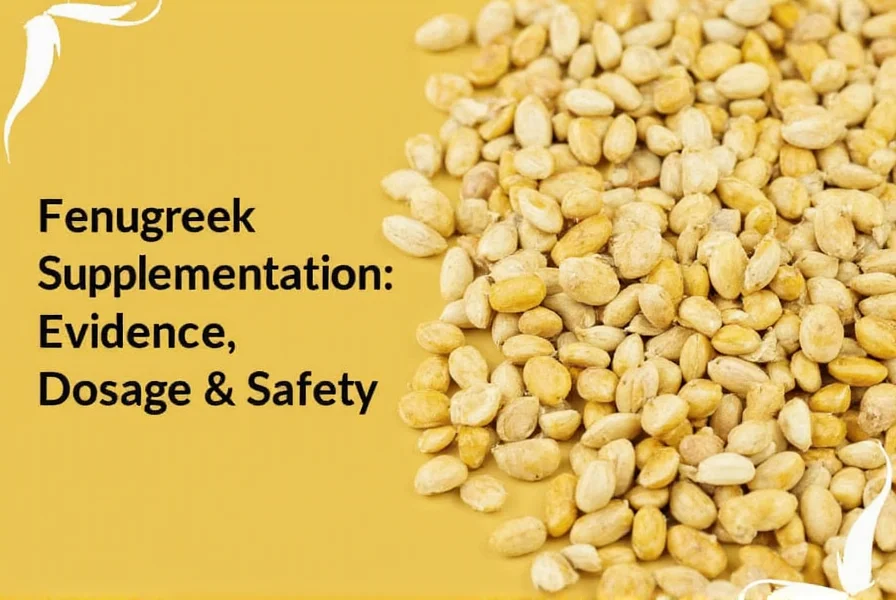Fenugreek (Trigonella foenum-graecum) has been used for centuries in traditional medicine systems across Mediterranean and South Asian cultures. Modern scientific research has increasingly examined fenugreek supplementation for evidence-based health applications, particularly focusing on its potential metabolic and hormonal effects. This comprehensive analysis examines current clinical evidence regarding fenugreek extract benefits, appropriate dosing protocols, and safety considerations based on peer-reviewed research.
Scientific Basis of Fenugreek Supplementation
Fenugreek seeds contain several bioactive compounds that contribute to their physiological effects. The most significant include:
- 4-hydroxyisoleucine - An amino acid derivative shown to stimulate insulin secretion
- Furostanolic saponins - Compounds that may influence hormone metabolism
- Dietary fiber (galactomannan) - Contributes to blood sugar regulation
- Flavonoids - Provide antioxidant properties
These components work synergistically to produce the effects observed in clinical studies. Research published in the Journal of Dietary Supplements demonstrates that standardized fenugreek extract containing 50% furostanolic saponins produces more consistent results than raw seed powder due to standardized active compound concentrations.

Evidence-Based Health Benefits of Fenugreek Supplementation
Blood Sugar Management
Multiple clinical trials support fenugreek supplementation for blood sugar control. A 2022 meta-analysis in Nutrition Reviews examined 14 randomized controlled trials involving 728 participants with prediabetes or type 2 diabetes. The analysis found that fenugreek supplementation significantly reduced fasting blood glucose by an average of 18.9 mg/dL and HbA1c by 0.6% compared to placebo.
Effective fenugreek supplementation for blood sugar control typically involves:
| Application | Effective Dosage | Duration | Key Research Findings |
|---|---|---|---|
| Blood sugar management | 500-1,000 mg standardized extract | 8-12 weeks | 12-19% reduction in fasting glucose |
| Lactation support | 610 mg three times daily | 14-21 days postpartum | Up to 55% increase in milk production |
| Testosterone support | 500-600 mg standardized extract | 6-12 weeks | 14-25% increase in free testosterone |
Lactation Enhancement
Fenugreek supplementation has become a popular natural approach for improving milk supply. A double-blind, placebo-controlled study published in Complementary Therapies in Clinical Practice followed 66 breastfeeding women. Those taking 610 mg of fenugreek extract three times daily showed significantly greater increases in milk production (measured by infant weight gain) compared to the placebo group after 14 days.
Researchers note that fenugreek supplementation for lactation support typically produces noticeable effects within 24-72 hours for responsive individuals. However, approximately 20% of women don't respond to fenugreek due to genetic variations affecting metabolism of its active compounds.
Hormonal Effects in Men
Several studies have investigated fenugreek supplementation for testosterone support. A 12-week trial with 90 men aged 25-55 found that 500 mg daily of a proprietary fenugreek extract significantly increased free testosterone levels by 25% while improving sexual function scores. The mechanism appears related to fenugreek's potential inhibition of enzymes that convert testosterone to estrogen.
Optimal Fenugreek Supplementation Protocols
Not all fenugreek supplements deliver equivalent results. Research indicates that effectiveness depends on several factors:
Standardization Matters
Studies showing positive outcomes typically use extracts standardized to contain 50% furostanolic saponins. Raw fenugreek powder requires much higher doses (3-6 grams daily) to achieve similar effects, with greater variability in results. When selecting fenugreek supplementation for scientific purposes, look for products specifying the concentration of active compounds.
Dosing Considerations
The optimal fenugreek extract dosage depends on the intended application:
- Blood sugar support: 500-1,000 mg daily of standardized extract, divided into two doses with meals
- Lactation support: 610 mg three times daily (total 1,830 mg), starting after milk supply is established
- Testosterone support: 500-600 mg daily of standardized extract for 6-12 weeks
Research suggests taking fenugreek supplementation with food improves absorption and reduces potential gastrointestinal side effects.
Safety Profile and Potential Side Effects
Fenugreek supplementation demonstrates a favorable safety profile in clinical studies when used at recommended dosages. However, some considerations include:
- Mild gastrointestinal effects: Occasional bloating or diarrhea at higher doses
- Maple syrup odor: Can cause sweat and urine to develop a maple syrup-like scent
- Allergic reactions: Rare, but possible in individuals sensitive to legumes
- Pregnancy: Not recommended during pregnancy due to potential uterine stimulation
A comprehensive safety review in Food and Chemical Toxicology concluded that fenugreek supplementation at doses up to 2,000 mg daily is generally well-tolerated for periods up to 12 weeks. Long-term safety data beyond 6 months remains limited.

Who Should Avoid Fenugreek Supplementation
Certain populations should exercise caution with fenugreek supplementation:
- Individuals taking diabetes medications due to potential additive blood sugar-lowering effects
- People with peanut or chickpea allergies (fenugreek belongs to the same plant family)
- Pregnant women, particularly in the first and second trimesters
- Those scheduled for surgery within two weeks (may affect blood sugar control)
Consulting with a healthcare provider before starting fenugreek supplementation is particularly important for individuals with existing health conditions or taking prescription medications.
Evaluating Research on Fenugreek Supplements
When reviewing scientific literature on fenugreek supplementation, consider these factors that affect study quality:
- Whether the study used standardized extract or raw seed powder
- Duration of the intervention (shorter studies may miss long-term effects)
- Participant characteristics (health status, age, gender)
- Presence of control groups and blinding procedures
High-quality research on fenugreek supplementation typically specifies the exact composition of the supplement used, including concentration of active compounds. Studies using proprietary blends without full disclosure of ingredients should be interpreted with caution.
Conclusion
Fenugreek supplementation shows promising evidence for specific health applications, particularly blood sugar management, lactation support, and testosterone enhancement. The most consistent results come from studies using standardized extracts at appropriate dosages for the intended purpose. While generally safe for most adults, individual responses vary, and consultation with healthcare providers is recommended before starting supplementation, especially for those with medical conditions or taking medications. Future research should focus on long-term safety data and identifying biomarkers that predict individual responsiveness to fenugreek supplementation.
Frequently Asked Questions
What is the most effective dosage for fenugreek supplementation for blood sugar control?
Research indicates that 500-1,000 mg daily of standardized fenugreek extract containing 50% furostanolic saponins provides optimal blood sugar benefits. This dosage should be divided into two doses taken with meals for best results. Clinical studies show significant improvements in fasting glucose and HbA1c levels after 8-12 weeks of consistent use.
How quickly does fenugreek supplementation work for increasing milk supply?
For lactation support, fenugreek supplementation typically shows effects within 24-72 hours for responsive individuals. Clinical studies using 610 mg three times daily report measurable increases in milk production within 3-5 days, with maximum effects observed around 14 days. Approximately 80% of women respond to fenugreek, while others may require alternative approaches.
Can fenugreek supplementation interact with diabetes medications?
Yes, fenugreek supplementation may enhance the blood sugar-lowering effects of diabetes medications like metformin or insulin. This could potentially lead to hypoglycemia. Individuals taking diabetes medications should consult their healthcare provider before starting fenugreek and monitor blood glucose levels closely when beginning supplementation.
What's the difference between fenugreek seed powder and standardized extract?
Standardized fenugreek extract contains concentrated, consistent levels of active compounds (typically 50% furostanolic saponins), while seed powder has variable concentrations. Research shows standardized extract at 500-1,000 mg daily produces more reliable results than 3-6 grams of seed powder. Extracts generally provide more consistent benefits with smaller doses and fewer gastrointestinal side effects.
Are there any long-term safety concerns with regular fenugreek supplementation?
Current research indicates fenugreek supplementation is safe for periods up to 6 months at recommended dosages. However, comprehensive long-term safety data beyond one year is limited. Most clinical trials have examined periods of 8-12 weeks. Individuals considering long-term use should consult with a healthcare provider and monitor for any potential side effects.











 浙公网安备
33010002000092号
浙公网安备
33010002000092号 浙B2-20120091-4
浙B2-20120091-4